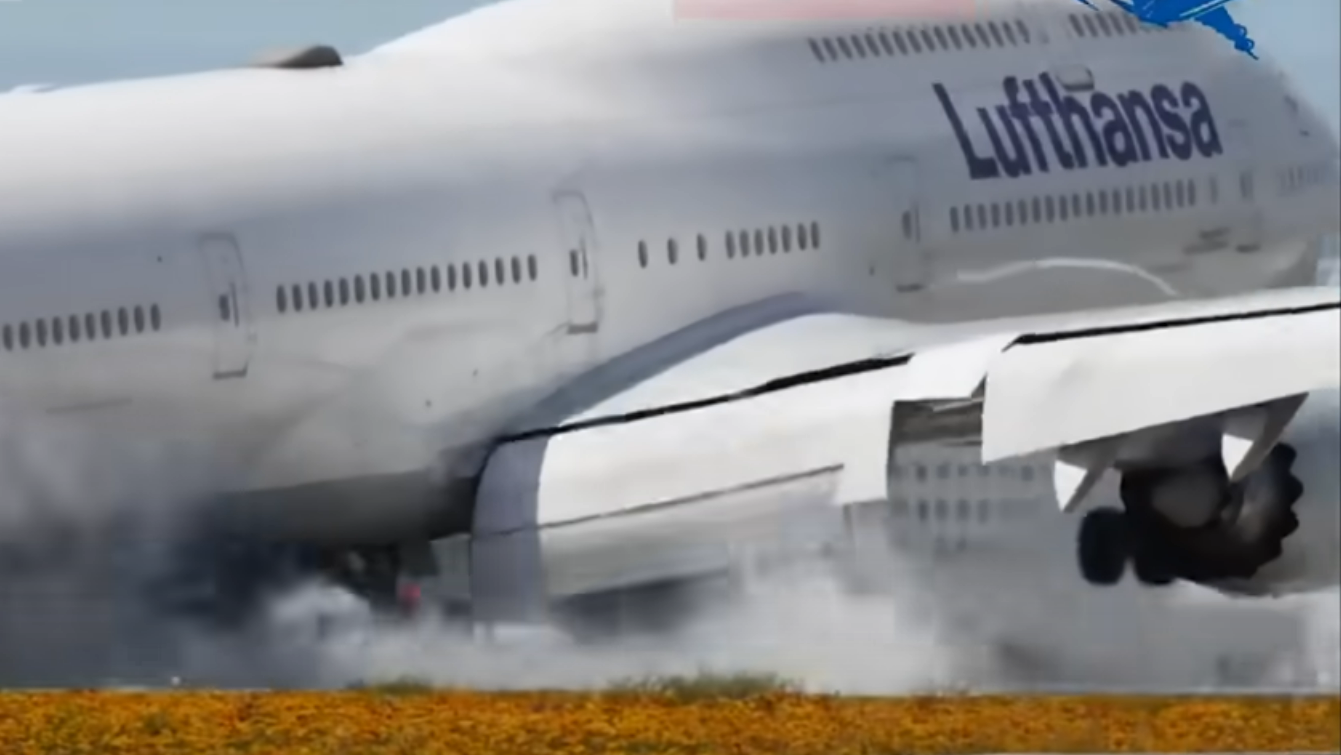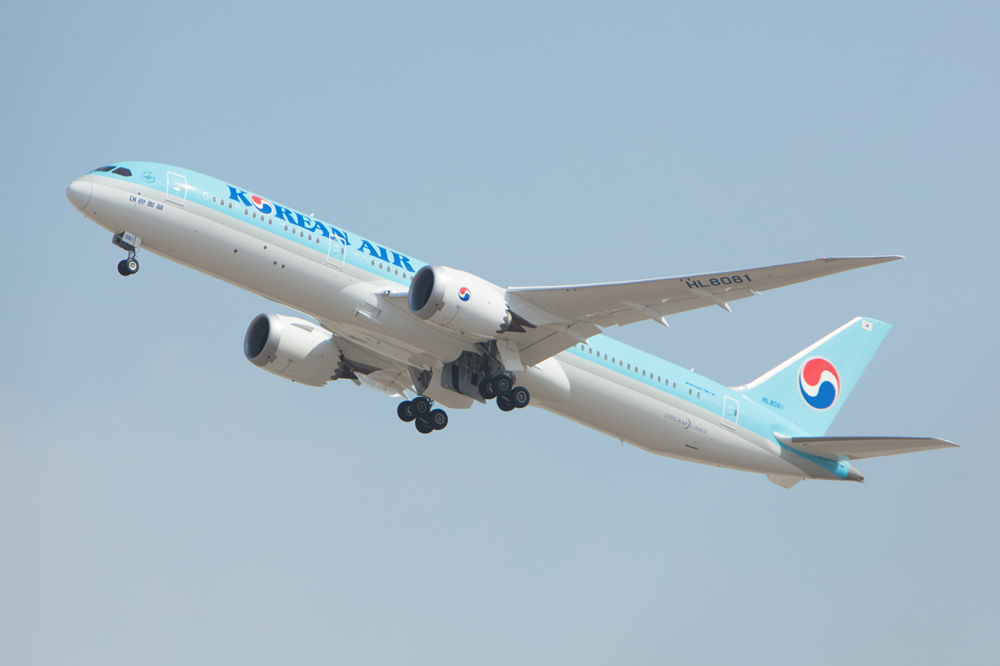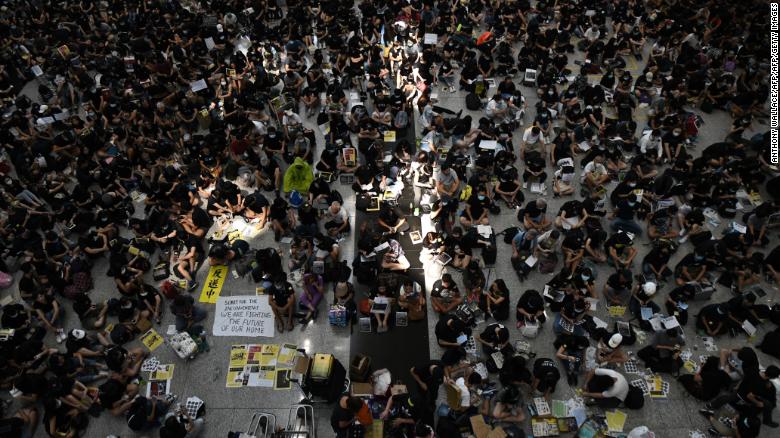A body representing airlines operating to and from Hong Kong have asked the government to waive airport fees to offset losses caused by widespread protests.
The South China Morning Post reported that the Board of Airline Representatives of Hong Kong, which represents more than 70 carriers, wrote to the government asking for relief in the faced of a big downturn in travel to the city.
READ: Scoot nixes payment processing fees across its network
This includes cutting rental fees for offices and lounges.
The SCMP says BAR chairman and senior Cathay Pacific executive Ronald Lam said the loss of earnings had made flights to Hong Kong financially unviable.
“In view of the situation, the BAR urges the Hong Kong government to consider issuing short-term relief measures that can help airlines survive this extremely difficult time,’’ he is quoted as saying.
Lam said the airlines had already seen a double-digit drop in August passengers and many had cut or reduced their services.
Cathay traffic figures released earlier this month said the group’s airlines saw an August drop in traffic of 11.3 percent compared to August 2018 and fall in load factor of 7.2 percentage points to 79.9 percent.
Lam said at the time: “August was an incredibly challenging month, both for Cathay Pacific and for Hong Kong.
“Overall tourist arrivals into the city were nearly half of what they usually are in what is normally a strong summer holiday month, and this has significantly affected the performance of our airlines.
“Our inbound Hong Kong traffic was down 38 percent while outbound was down 12 percent year-on-year, and we don’t anticipate September being any less difficult. “
The Cathay executive said that a significant decline in forward bookings for the remainder of the year had prompted the airline to make “some short-term tactical measures such as capacity realignments”.
“Specifically, we are reducing our capacity growth such that it will be slightly down year-on-year for the 2019 winter season (from end October 2019 to end March 2020) versus our original growth plan of more than 6 percent for the period,” he said.
























